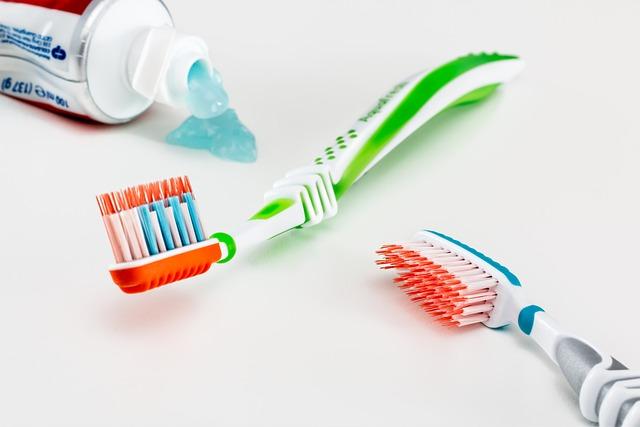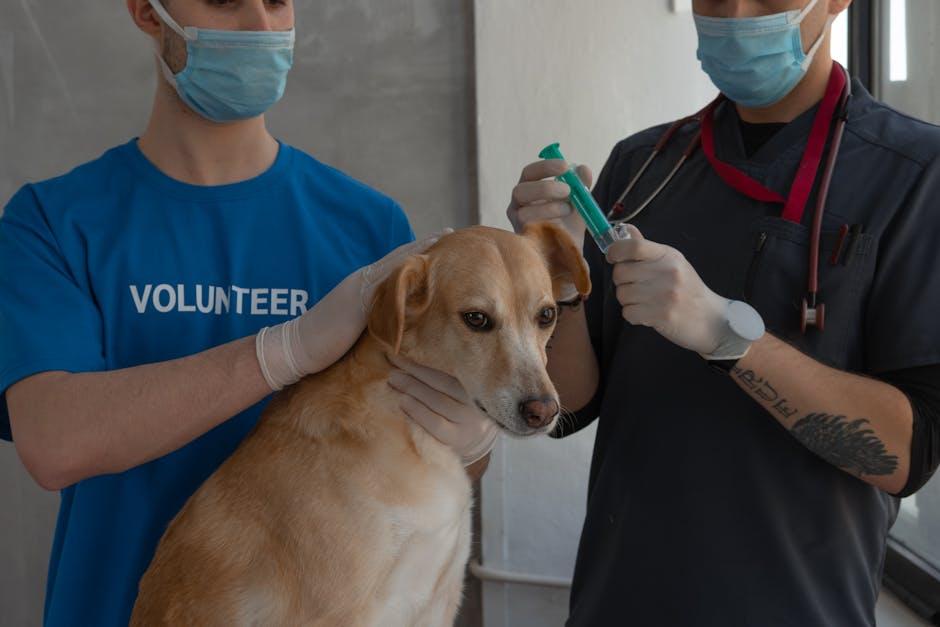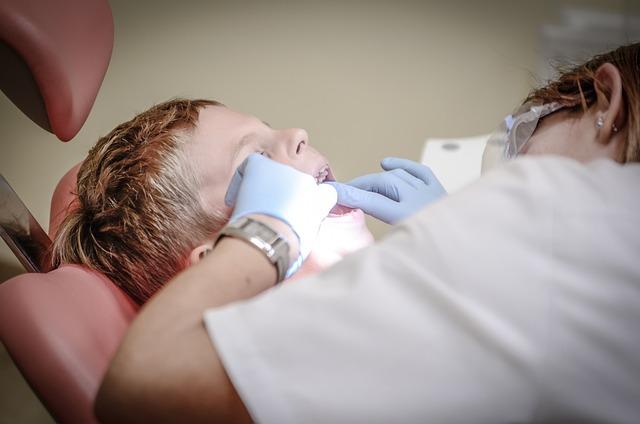Our furry friends bring boundless joy, laughter, and love into our lives, often without asking for much in return. Yet, hidden behind those endearing purrs and wagging tails can lie a silent but serious issue—dental problems. Just like us, our pets can suffer from a range of oral health issues that, if left unchecked, can lead to discomfort, pain, and more severe health complications. As responsible pet parents, it’s our duty to ensure that our companions enjoy a life free of unnecessary suffering, starting with their pearly whites. In this article, we’ll explore the telltale signs of dental issues in pets and share practical tips on how to keep those adorable smiles bright and healthy. So, grab your pet’s favorite treat and settle in—it’s time to become their oral health hero!
Recognizing the Silent Signals: Early Signs Your Pet May Have Dental Issues
Just like humans, our furry friends can suffer from dental issues that might not be immediately obvious. Recognizing these silent signals early can make a significant difference in your pet’s overall health and happiness. Here are some subtle signs that your pet might be experiencing dental problems:
- Bad breath: While a slight odor is normal, particularly foul breath can be a sign of dental disease.
- Excessive drooling: If your pet is drooling more than usual, it might be because of discomfort in their mouth.
- Difficulty eating: Watch for changes in eating habits, like dropping food or chewing on one side of the mouth.
- Pawing at the mouth: This can indicate pain or irritation in their gums or teeth.
- Discolored teeth or gums: Yellow or brown teeth and red, swollen gums are clear indicators of dental issues.
By paying close attention to these early signs, you can help ensure your pet’s mouth stays healthy and pain-free. Regular dental check-ups and proper oral hygiene are key to preventing serious health problems down the line.

Understanding the Causes: Why Pets Develop Oral Health Problems
Pets, like humans, can suffer from a variety of oral health issues, and understanding the root causes can help in preventing them. Several factors contribute to these problems:
- Poor Diet: Feeding pets a diet high in sugars and carbohydrates can lead to plaque buildup and dental decay.
- Lack of Dental Care: Regular brushing and dental check-ups are often overlooked, allowing tartar to form and gums to become inflamed.
- Breed-Specific Issues: Certain breeds are more prone to dental issues due to genetic predispositions. For example, small dog breeds often have overcrowded teeth, which can lead to plaque accumulation.
- Age: As pets age, their teeth and gums naturally deteriorate, making them more susceptible to infections and other dental problems.
By being aware of these causes, pet owners can take proactive steps to ensure their furry friends maintain optimal oral health. Regular veterinary visits, a balanced diet, and consistent dental hygiene practices are essential in preventing these issues from developing.

Daily Habits for a Healthier Smile: Simple Steps to Prevent Dental Issues in Pets
Maintaining your pet’s oral health can be as easy as integrating a few daily habits into their routine. Regular brushing is paramount; using a pet-friendly toothbrush and toothpaste can help reduce plaque and tartar build-up. Dental chews and toys are also excellent for keeping their teeth clean while providing a fun activity. These items not only scrub away food particles but also massage their gums, promoting overall oral health.
Another crucial step is ensuring your pet’s diet includes dental-friendly food. Many brands offer kibble designed to reduce plaque and tartar. Additionally, consider adding raw bones (suitable for their size) to their diet, which can help naturally clean their teeth. Routine vet check-ups are essential to catch any issues early and keep your furry friend’s smile healthy and bright.
The Role of Diet and Toys: Choosing the Right Chews for Optimal Oral Health
When it comes to maintaining your pet’s oral health, the combination of a balanced diet and appropriate chew toys is essential. Diet plays a pivotal role in preventing dental issues. Foods that are high in sugar can lead to plaque build-up, just like in humans. Instead, opt for high-quality pet food that promotes dental health. Look for labels that mention dental benefits, such as tartar control or teeth cleaning properties.
Chew toys are another fantastic tool for maintaining your pet’s oral hygiene. They not only keep your pet entertained but also help in scraping off plaque and tartar from their teeth. When selecting chew toys, consider the following:
- Durability: Ensure the toy can withstand rigorous chewing.
- Safety: Avoid toys with small parts that could be swallowed.
- Material: Choose non-toxic, pet-safe materials.
- Texture: Different textures can provide varying levels of cleaning efficiency.
By integrating the right diet and chew toys into your pet’s routine, you’re setting the stage for a lifetime of healthy, happy smiles.


































